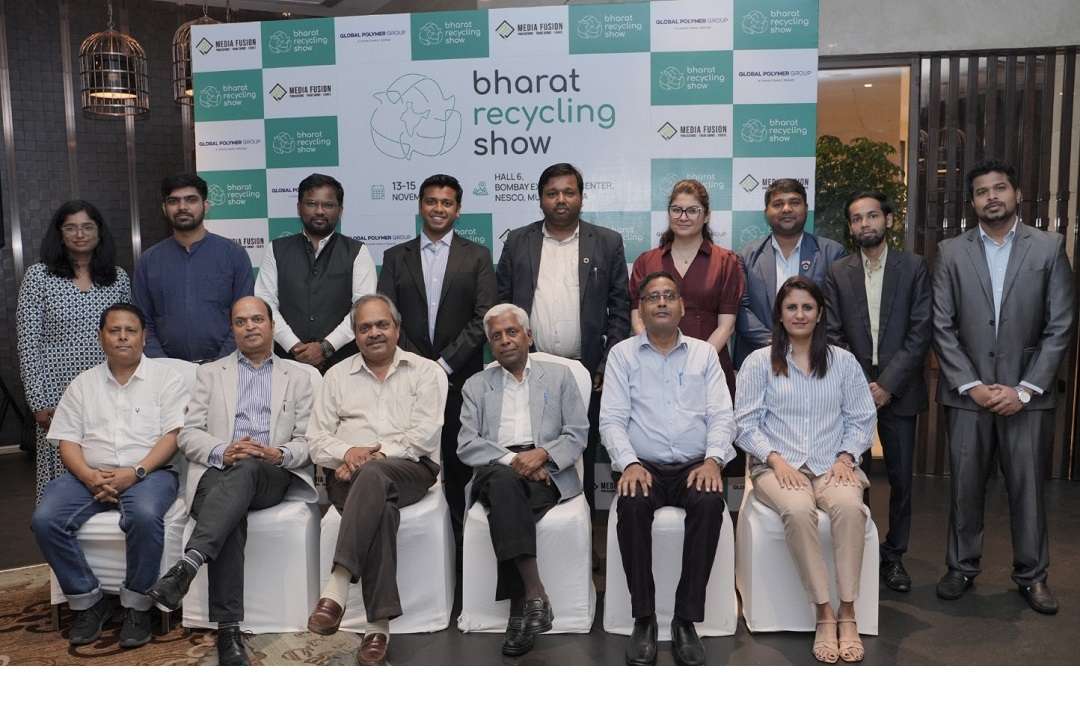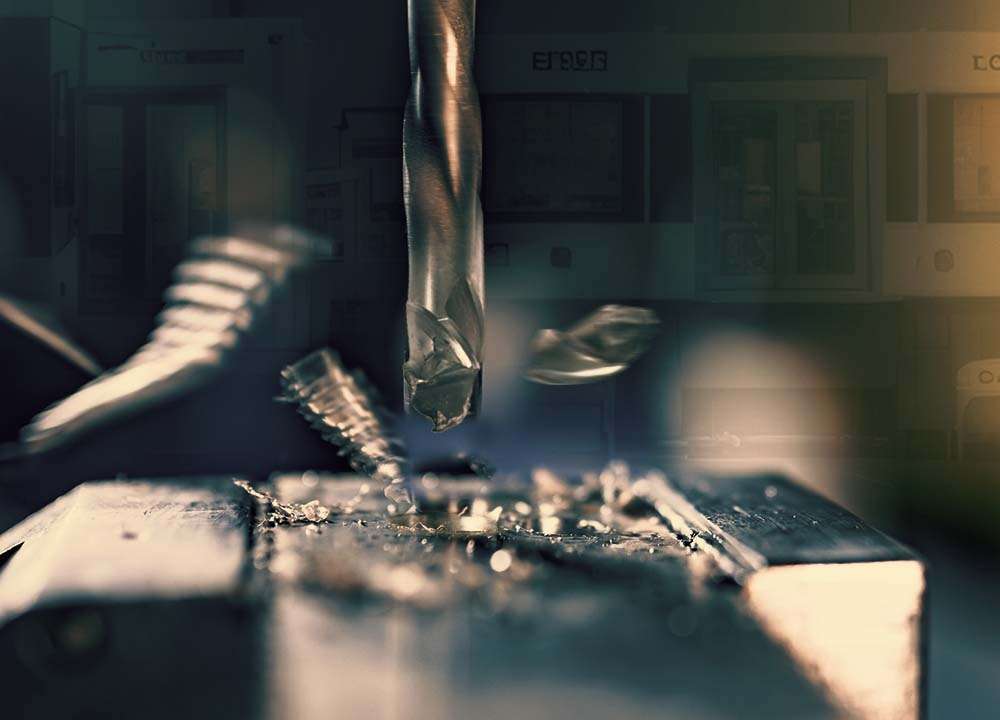As India’s digital economy, electric vehicle adoption, and mobile usage continue to grow, the country is facing a steep surge in electronic and battery waste. At a national industry roundtable held in New Delhi on June 27, ahead of the upcoming Bharat Recycling Show 2025, sector specialists voiced urgent concerns about the nation’s preparedness to manage this growing waste stream.
Organized by Media Fusion and Crain Communications, the session highlighted that while India’s e-waste management sector is expected to expand from USD 2.96 billion in 2024 to nearly USD 9 billion by 2033, the current collection systems, recycling infrastructure, and regulatory enforcement lag behind this growth. India now ranks as the world’s third-largest generator of e-waste, contributing around 10% of global volumes.
L Pugazhenthy, Executive Director of the India Lead Zinc Development Association, emphasized the lack of regulation in battery collection, particularly for lithium-ion, dry cell, and button cell batteries. “Lead-acid batteries are somewhat traceable due to established systems, but other types often end up in unregulated scrap markets. Enforcement is weak, and many smaller players operate outside the rules,” he noted. He also pointed out a critical loophole in the Battery (Management & Handling) Rules, 2001, which do not clearly define dealer responsibilities—allowing informal channels to thrive unchecked.
Satish Sinha, Associate Director at Toxics Link, added, “The rules may exist on paper, but they lack teeth without active enforcement and real consequences for violations.” He stressed that government e-waste auctions often end up empowering unregulated operators.
Preeti Tiwari, from Landbell GreenForest Solutions, said the success of the 2022 Battery Waste Management Rules and the Extended Producer Responsibility (EPR) system depends on strong manufacturer accountability, well-functioning reverse logistics, and ongoing oversight.
Gautam Mehra, Innovation Head at OpenGate Global Enterprises, warned about the dangers posed by hazardous materials in batteries and the complex dismantling processes. “Without proper systems for tracking and handling, these components pose serious health and environmental risks,” he explained.
Akshit Jain, Founder of Recyclify, highlighted a serious lack of data from informal recyclers, who dominate much of the market but operate without documentation or transparency. Mitradev Sahoo (WRI India) and Ashok Kumar Thanikonda (GGGI) emphasized the importance of data in driving scalable and effective interventions.
Pallas Chandel, Climate Advisor at GIZ, drew attention to rural and semi-urban areas, which are often excluded from formal waste collection. “Without infrastructure or awareness, waste is commonly burned or dumped, polluting air and water. We need decentralized models and targeted training to bring these regions into the fold,” she said.
Sanjeev Srivastava, CEO of NAMO eWaste, pointed out the lack of financial incentives. “Supporting formal recycling firms through targeted subsidies or incentives can push the industry to adopt better technology for recovering critical minerals and encourage responsible recycling practices,” he suggested.They stressed that only by bridging the gaps in regulation, data, and infrastructure can India create a truly circular economy that responsibly manages e-waste and used batteries.
The Bharat Recycling Show 2025 is scheduled for November 13–15, 2025, at Hall 6, NESCO Exhibition Center, Mumbai. The event aims to accelerate innovation, policy alignment, and stakeholder collaboration in India’s recycling sector through product showcases and expert-led discussions. As the conversation grows around sustainable waste management, the spotlight is now firmly on turning policy intent into practical implementation—before the waste crisis becomes unmanageable.








